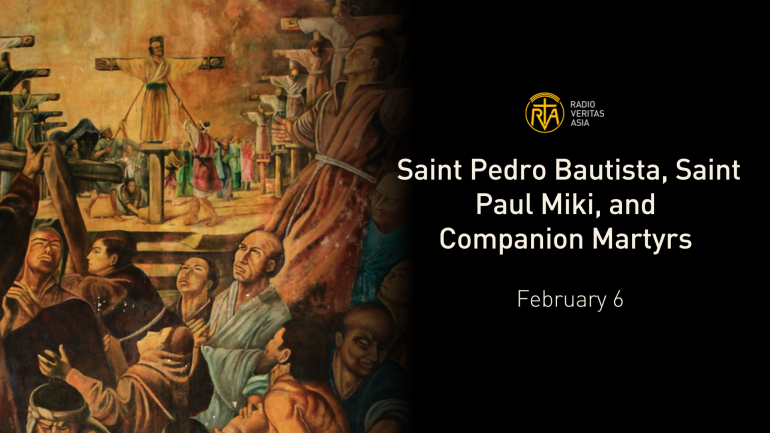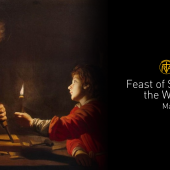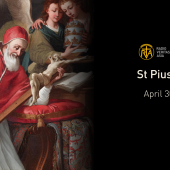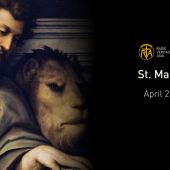Saint Pedro Bautista, Saint Paul Miki, and Companion Martyrs are remembered on February 6

In 1542, Pedro Bautista was born in Spain. He was the first bishop of the Nueva Caceres (Camarines Sur) diocese and a Franciscan missionary in the Philippines. In 1586, he became the parish priest of Lumban, Laguna.
In Quezon City, he also established San Francisco del Monte. He found that the Los Baños hot springs in Laguna had medicinal qualities.
He moved to Japan to establish convents, schools, and hospitals. Toyotomi Hideyoshi, the Japanese emperor, was not appreciative of their actions. He gave his goons the order to put Pedro, Paul, and his friends in custody. He later crucified the religious men who were in prison.
They positioned a straddle piece between the legs to support the victim's weight and used a lance to puncture the victim's left and right ribs, causing unbearable pain and agonizing death as it moved up toward the opposing shoulder. They crucified all 26 of them in this manner.
Pedro, Paul Miki, and their friends, who were the first martyrs of Japan, passed away at Nagasaki in 1597.
Paul Miki is unique in that he preached to and pardoned his executioners. Priests, brothers, laypeople, Franciscans, Jesuits, and members of the Secular Franciscan Order made up his 26 companions. They were elderly men, catechists, physicians, modest craftspeople, and innocent children.
In 1627, Pope Urban VIII beatified them as blessed. In 1862, Blessed Pope Pius IX canonized them as saints.
What we learn from these martyrs of Japan is that they clung faithfully to Christ and their faith, even at the cost of their lives. They serve us as the epitome of Christian discipleship. Their love for God and faith is extraordinary, exceptional, and inspirational.
While paying great tributes to the saints of the day, can we learn to stick to Jesus and commit ourselves to the service of God and His people with compassion and commitment?
Radio Veritas Asia (RVA), a media platform of the Catholic Church, aims to share Christ. RVA started in 1969 as a continental Catholic radio station to serve Asian countries in their respective local language, thus earning the tag “the Voice of Asian Christianity.” Responding to the emerging context, RVA embraced media platforms to connect with the global Asian audience via its 21 language websites and various social media platforms.











